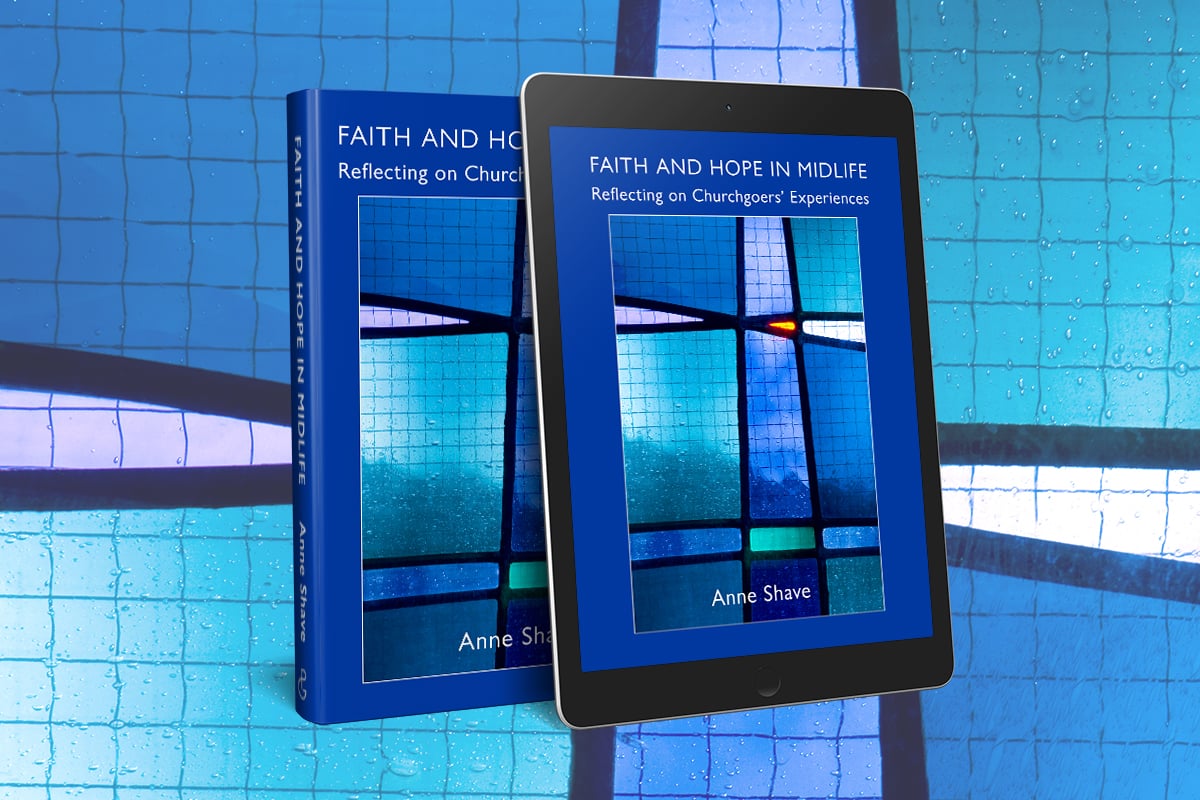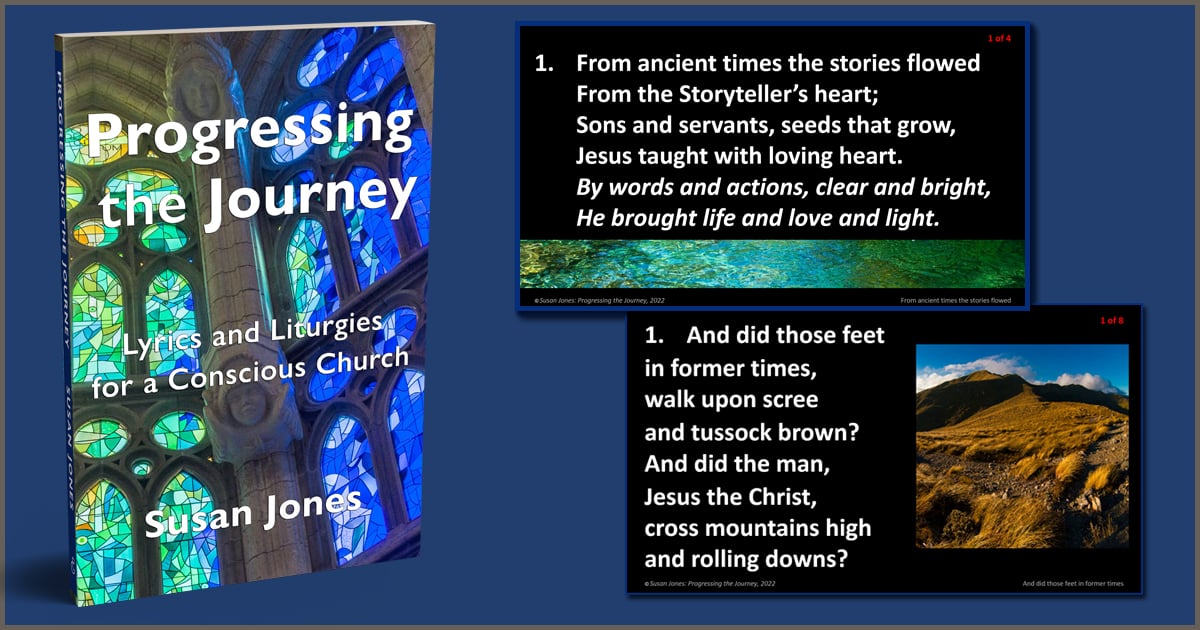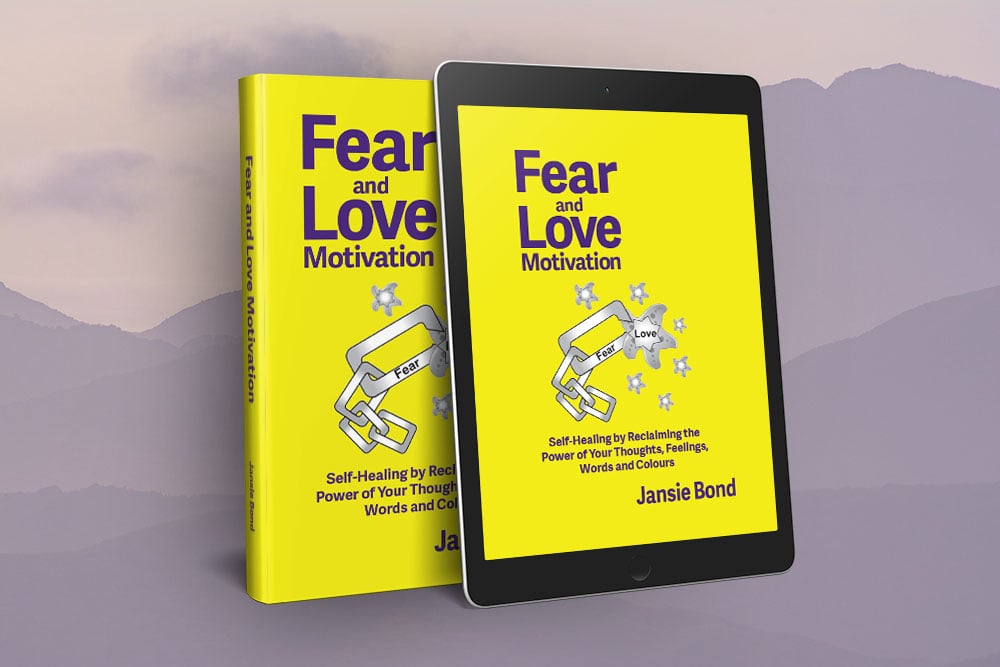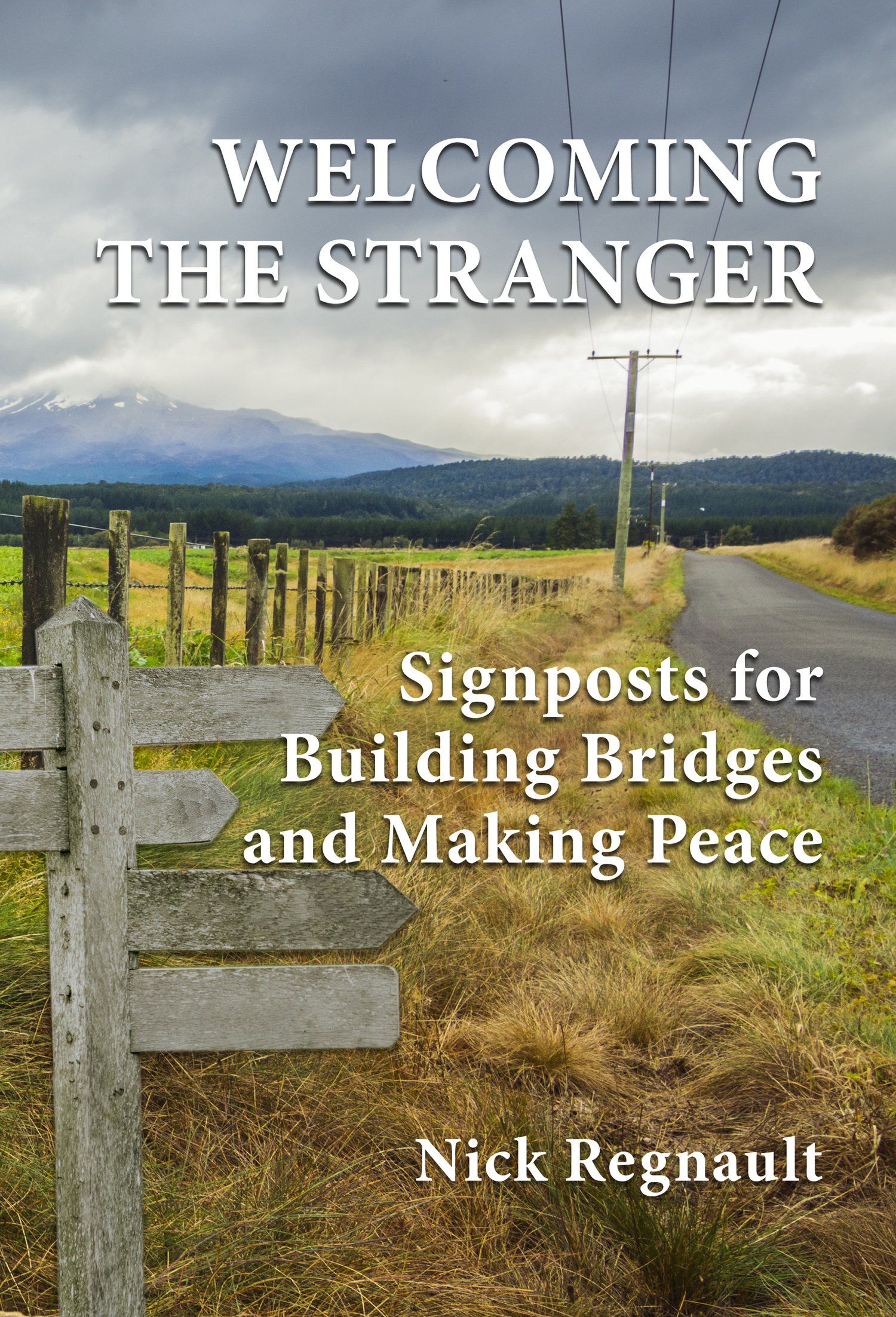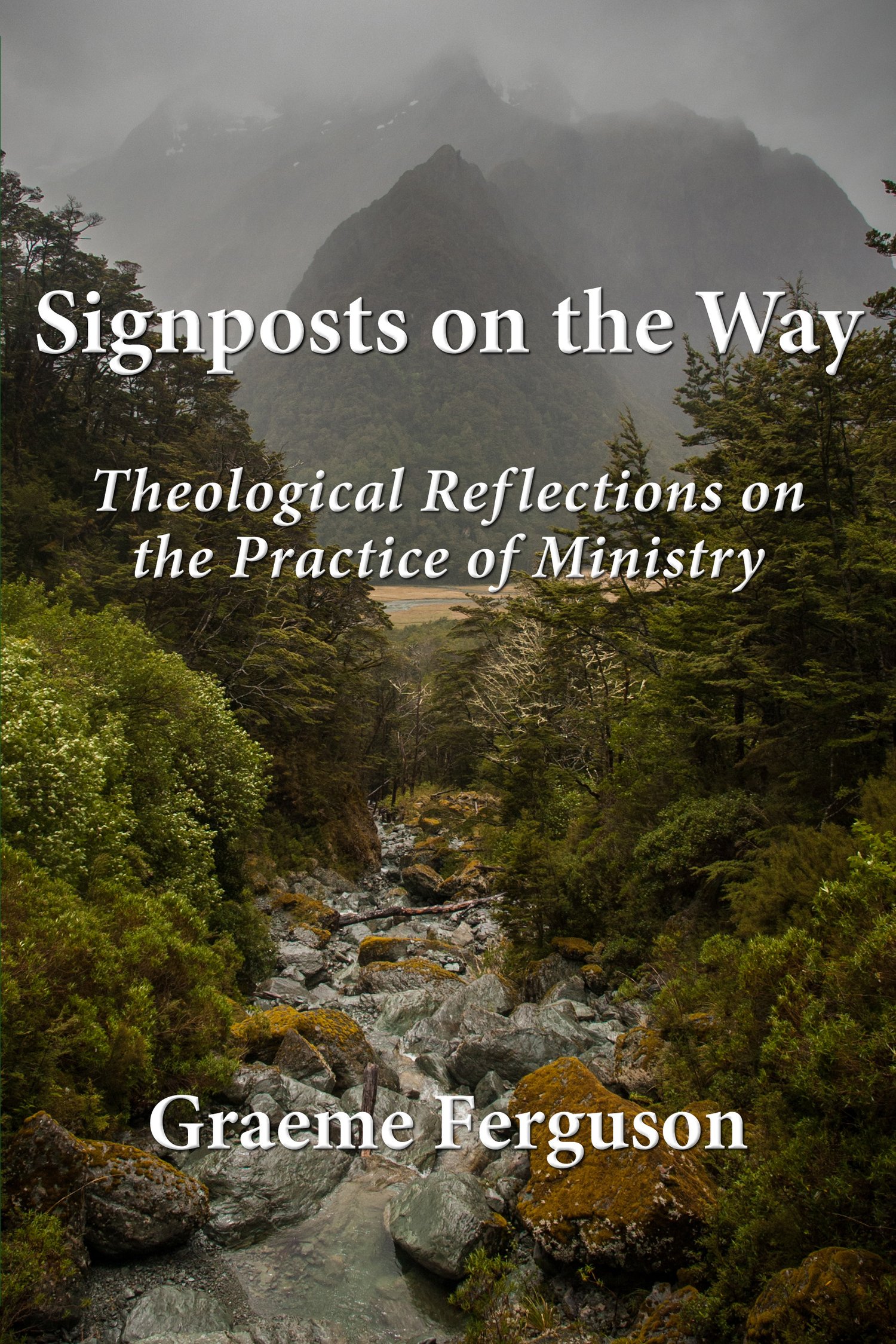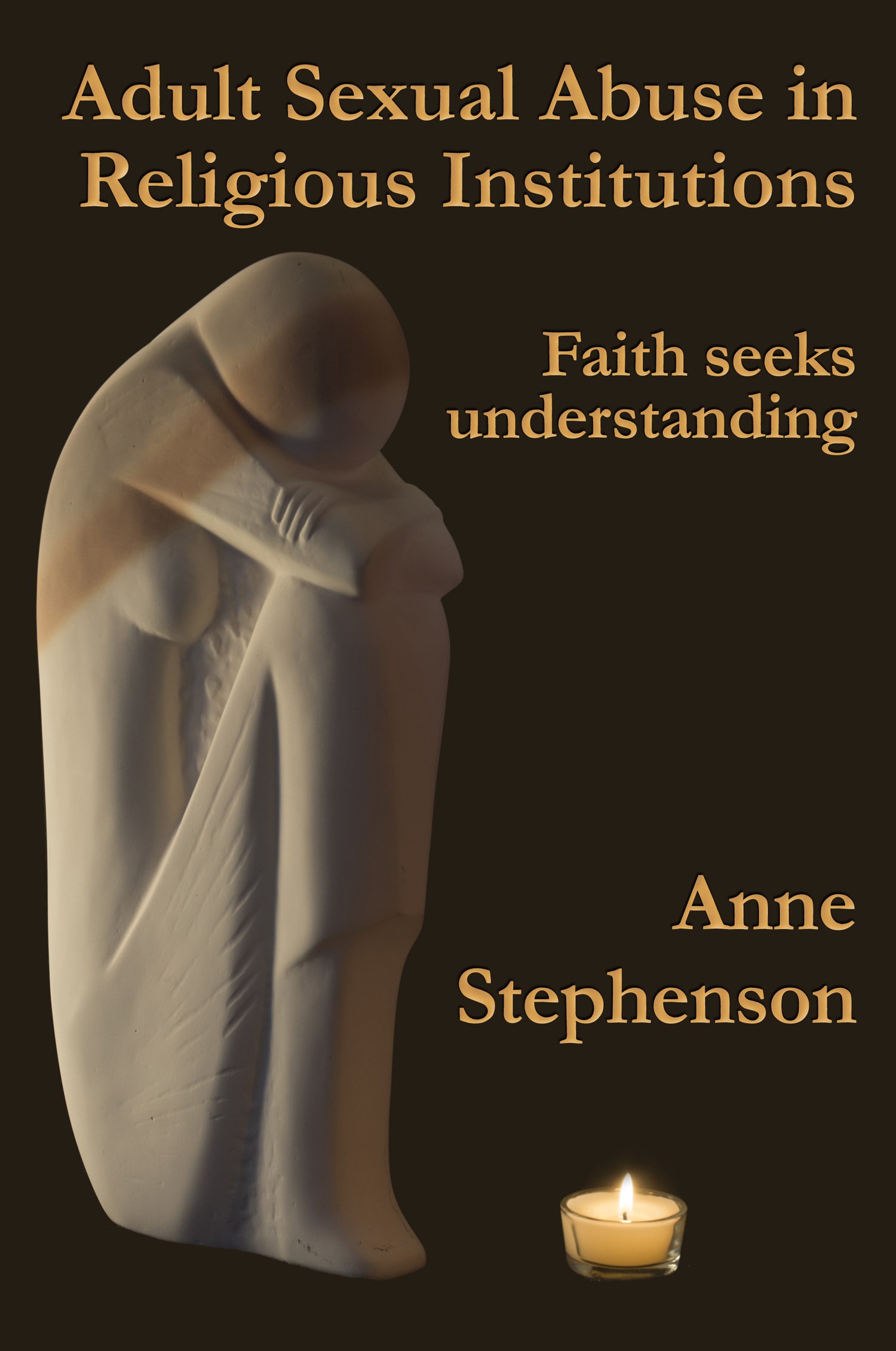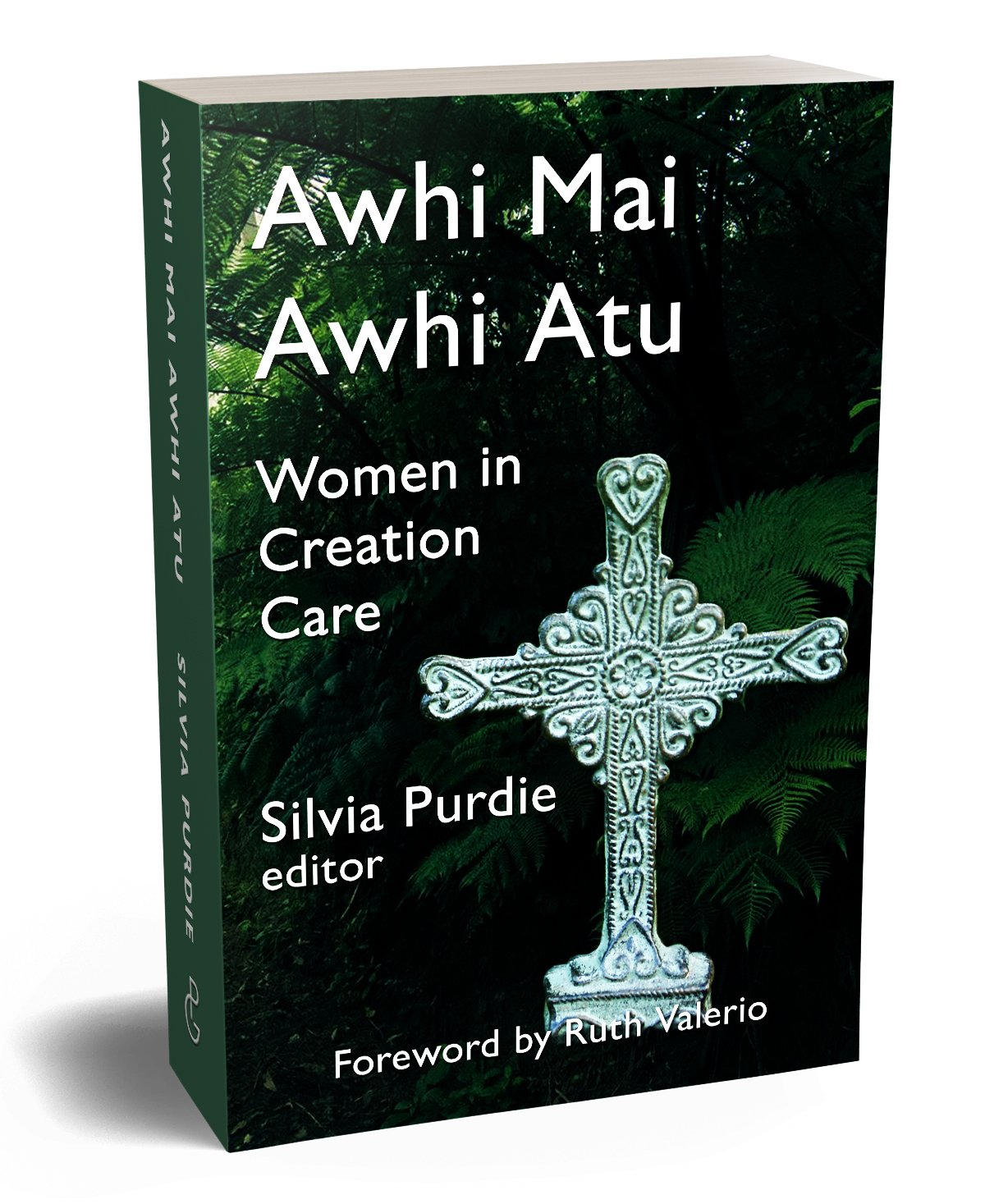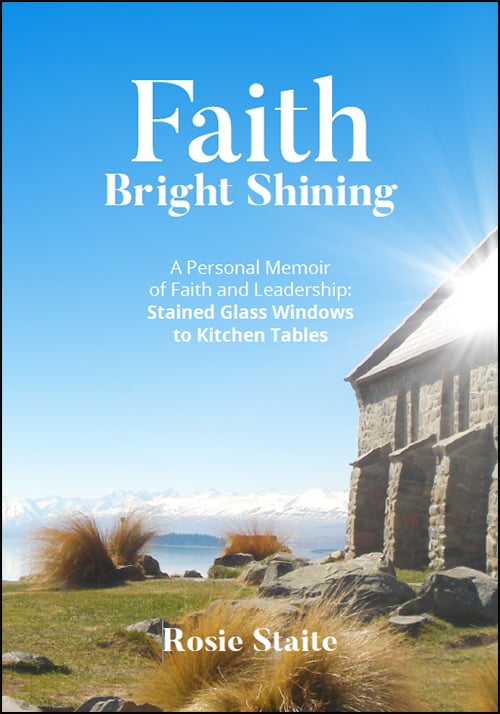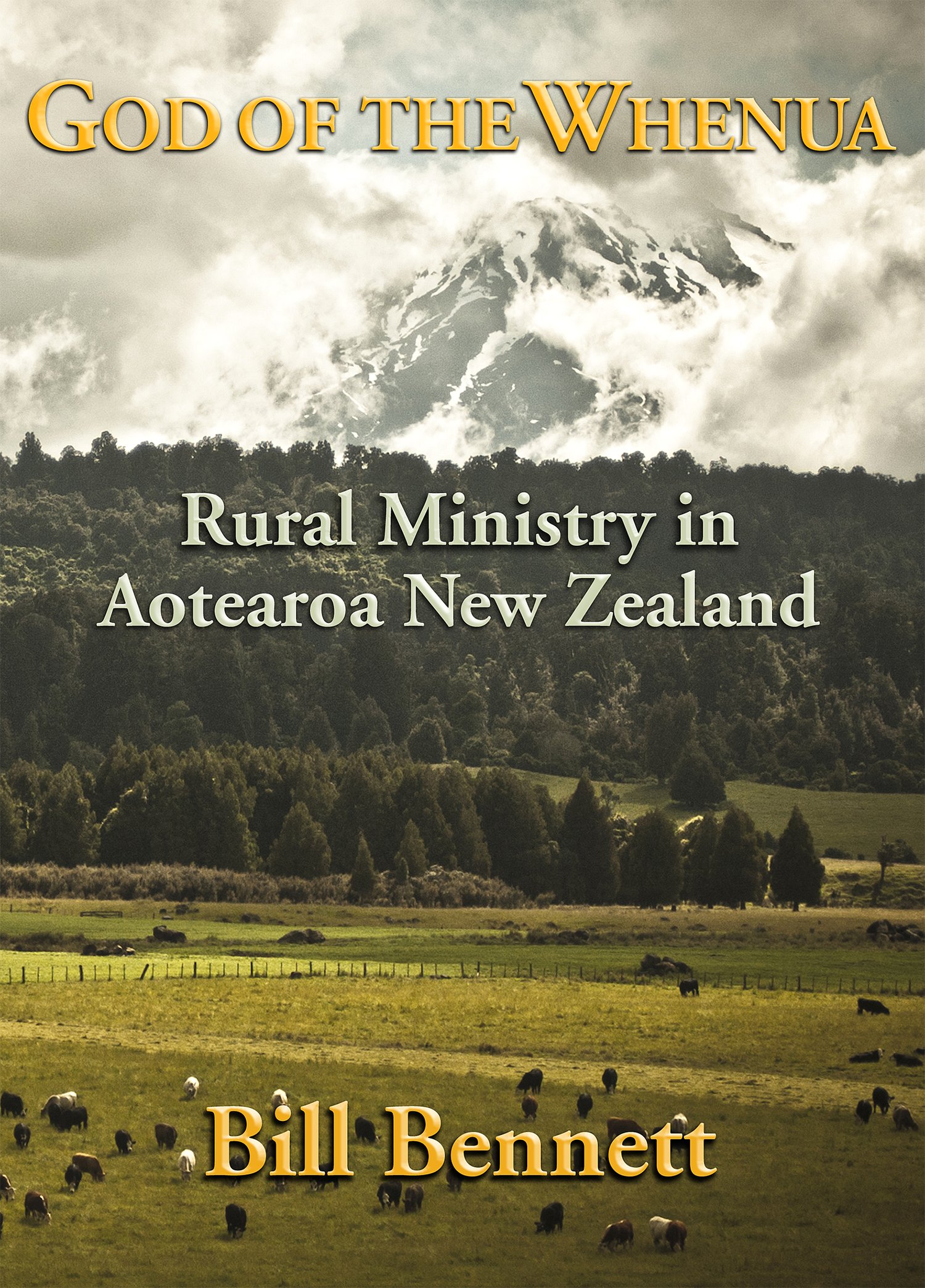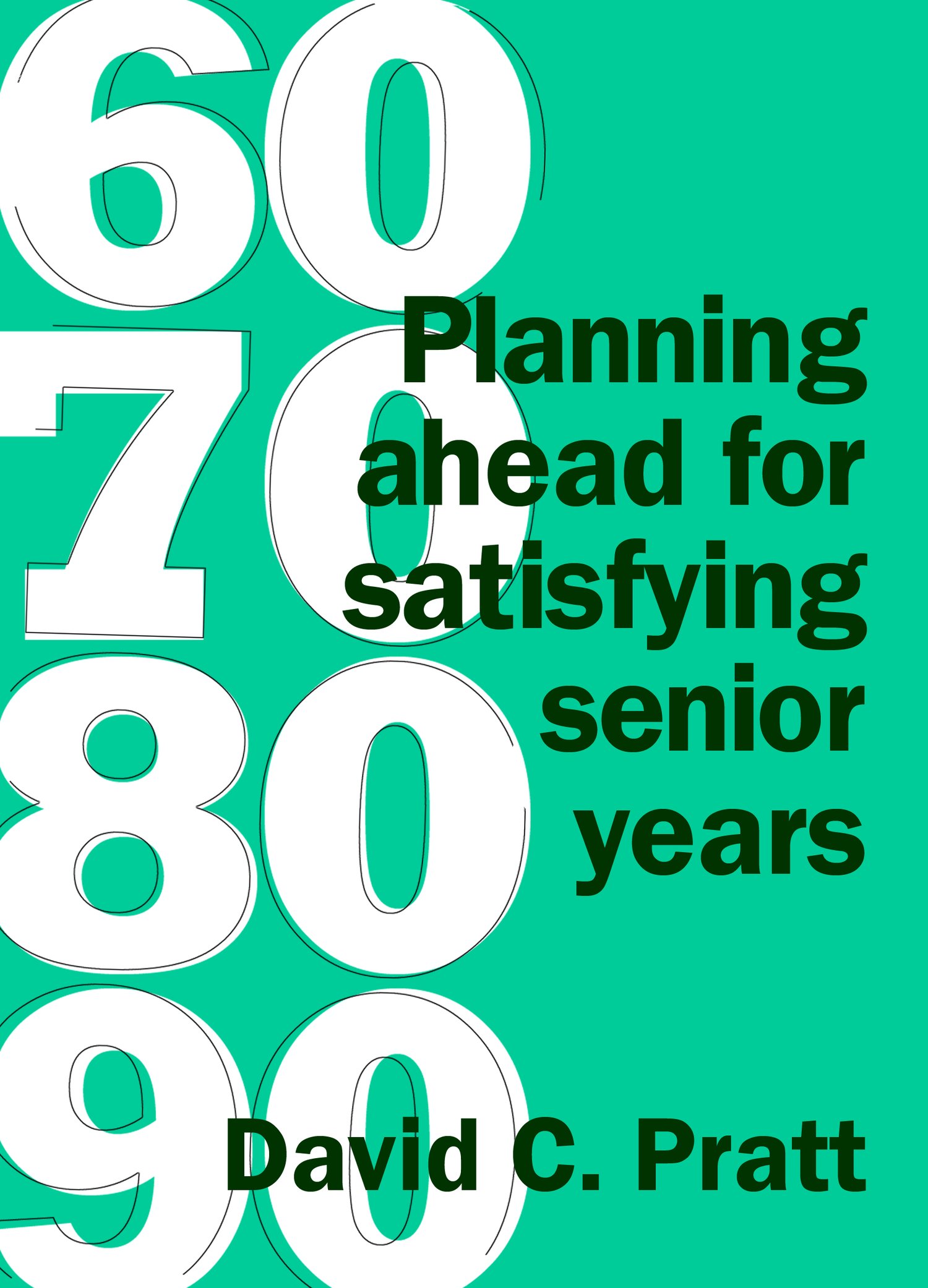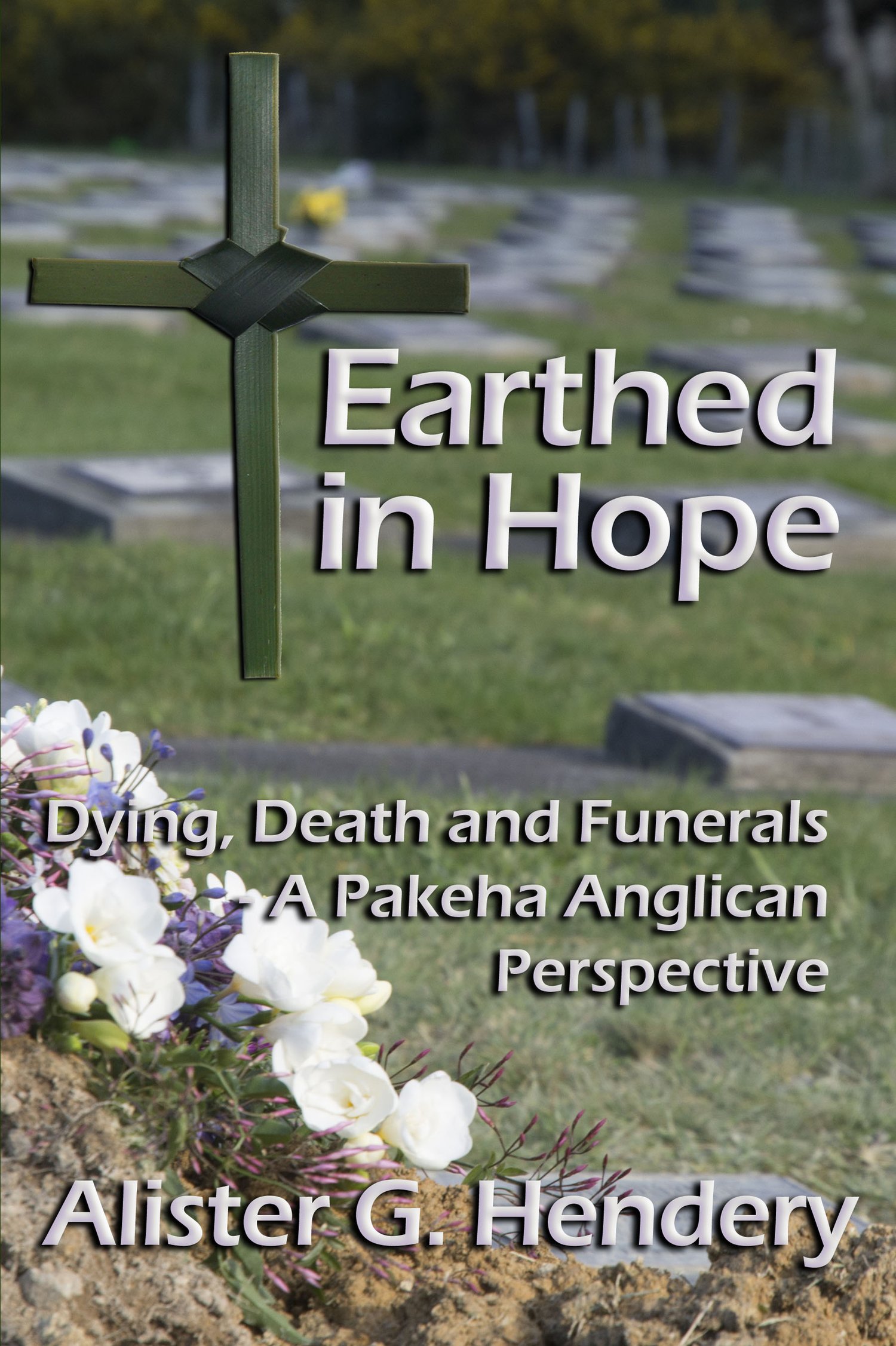
Earthed in Hope: Dying, Death and Funerals – A Pakeha Anglican Perspective.
On Sale
NZD20.00
NZ$20.00
By Alister G. Hendery
Earthed in Hope will enrich the funeral ministry both of those in the Anglican tradition and also those from other Churches. It is a valuable resource for funeral celebrants, counsellors and anyone supporting the bereaved and dying. Hendery reflects on and responds to spiritual, theological, liturgical, pastoral and cultural questions, and offers practical suggestions and insights that will be helpful to those involved in taking funerals and caring for the bereaved and the dying.
Earthed In Hope raises challenging and important questions, including:
When the Anglican Church in Aotearoa New Zealand revised all its liturgies, it produced the most comprehensive funeral rites in the Anglican Communion. They enable its ministers to respond creatively to the needs of the bereaved in a contemporary setting. The current New Zealand Anglican Liturgies are flexible and for the most part sound. Alister Hendery highlights places in which they can be enhanced and offers positive suggestions for improvement.
An overarching theme of Earthed In Hope is that while celebrant-led funerals provide a valuable service to the community, the Church is still well-positioned to work with the bereaved, conduct funerals and perform the various rituals associated with death. However, it must do things in a new way. Hendery urges the Church and its ministers to give more attention and priority to this vital aspect of Christian mission.
Hendery challenges the ‘stage-model’ of grief, which was put forward by Elizabeth Kübler-Ross, Granger Westberg and others, offering examples of other ways of supporting and guiding the bereaved.
The words used at a funeral are very important, but rituals and actions can be even more important as they express the inexpressible. We need ritual when what we experience is too profound and significant for ordinary expression and routine words.
The funeral minister’s role is complex and demanding. It’s not just about reading words from a book or being a MC. Most importantly, it’s about being with the bereaved. Hendery argues that our contemporaries are looking for people who will hear their questions, respect their searchings, and journey with them as a friend in their pain and confusion.
He notes that as the medical profession has taken over care for the dying, so care of the dead has passed to the funeral industry. However, he believes the bereaved need to be encouraged and supported in taking a more hands on role in the care of their dead. This can be done in small but significant ways that help bring home the finality of death.
Hendery deals sensitively and in detail with the issues surrounding funerals for children and those who have suicided.
Praise for Earthed in Hope
“This wise and wonderfully comprehensive book … will benefit many who carry pastoral responsibilities” Anne Priestley
“…For those concerned with funeral ministry there is much in this book that will repay careful reflection: how God and Christian hope are presented, the avoidance of euphemisms and idealistic eulogies, ritual at and after the funeral, funerals following suicide, funerals of children and children at funerals. Hendery states: We need to be able to look death in the face and be willing to wrestle with the theological, spiritual and emotional demands that this takes. Earthed in Hope offers significant help for those who are serious about doing this.” John Meredith’s review in Touchstone June 2015
“The book is honest and sensitive, acknowledging issues of spirituality ‘verses’ religion, and recognises that so much of our culture is death-denying and uses euphemisms…The book is very well organised, there are clear headings, subheadings, notes, and a helpful bibliography and index.” Rev Bosco Peters reviews Earthed in Hope
From the Foreword
“As a priest in my early twenties I became acquainted with death and dying in a way that puzzled and unsettled my friends. When most were starting out on their careers in diverse fields of endeavour we would meet to catch up. My stories of the work I was called to tended to be a conversation stopper. It was hard to convey the growing sense of deep privilege I was experiencing. It was hard to share the deep intimacy and grace that my role drew me into. And in most cases it was inappropriate to do so anyway.
One of the consequences of my comparative youth was that I found myself increasingly asked to lead funerals for children and young people. Few things stretched me more or left me feeling more impotent, and yet few aspects of my ministry were more fulfilling.
A key aspect of this work of a priest, for me at least, was a journey deep into my own self awareness which forced me to face my own mortality very early in my life. Far from being a sad and melancholy experience I found a deep and unshakeable joy through my encounter with so many families who were grieving the loss of someone they loved. I discovered, time and again, the abiding presence of God. While, more often than not, it was inappropriate for me to give explicit voice to this, I was frequently aware that those I was with had a profound sense of that presence too.
Alister Hendery is offering us a great gift in this beautiful, resource-filled and comprehensive book. He has aimed to assist those within Tikanga Pakeha of the Anglican Church in Aotearoa, New Zealand to undertake ministry with the dying and the bereaved with creativity and sensitivity. This book certainly achieves that goal. But it offers much, much more than that and I hope it will find a significantly wider audience. In simple and unassuming style Alister provides not only a comprehensive resource, but a wise, insightful and at times challenging guide across the uniquely privileged landscape the pastor is called to traverse.
Alister quotes Paul Tillich’s phrase ‘the first duty of love is to listen’. This book helps to tune the ear of the pastor who listens care-fully. I am going to place a copy of this book in the hands of every person I ordain from now on.” + Philip Richardson, Primate and Archbishop – Tikanga Pakeha
About the Author
Alister Hendery is an Anglican priest who has served in a wide variety of parish and diocesan settings. He has also worked in private practice as a counsellor, specialising in grief and loss, and as a funeral celebrant. Currently he is an interim priest, ministering with parishes in times of transition. Funeral ministry has been a focus of his life for 35 years. He has an ongoing interest in death studies and continues to journey with people experiencing loss and change in all spheres of life, as well offering mentoring and training to lay and ordained ministers. In addition to his extensive pastoral experience he has read widely on this topic and Earthed in Hope includes many insights from other writers both in New Zealand and overseas. Hendery is well placed to advise on the care of the dying, the bereaved and the dead.
To arrange for Alister to speak to your group, contact him at alisterhendery@icloud.com
Earthed in Hope will enrich the funeral ministry both of those in the Anglican tradition and also those from other Churches. It is a valuable resource for funeral celebrants, counsellors and anyone supporting the bereaved and dying. Hendery reflects on and responds to spiritual, theological, liturgical, pastoral and cultural questions, and offers practical suggestions and insights that will be helpful to those involved in taking funerals and caring for the bereaved and the dying.
Earthed In Hope raises challenging and important questions, including:
- What are the purposes of a funeral? People often speak of funerals being for the living, but what about the dead? What is their role at the funeral?
- Why does contemporary society deny death and how do we help people face the reality of their mortality?
- How do we minister in a pluralistic culture where people are ‘spiritual’ but not ‘religious’?
- What is the difference between a Church funeral and a celebrant-led service?
- How do we respond to the ever-increasing preference for cremation and the challenges this form of disposal presents?
- How is grief expressed on the Internet and in what ways is the ‘Green Movement’ influencing the New Zealand way of death?
- How do we pray for and remember the dead?
- What is the Christian understanding of life after death and what place is there for doubt?
- How did funeral services develop?
When the Anglican Church in Aotearoa New Zealand revised all its liturgies, it produced the most comprehensive funeral rites in the Anglican Communion. They enable its ministers to respond creatively to the needs of the bereaved in a contemporary setting. The current New Zealand Anglican Liturgies are flexible and for the most part sound. Alister Hendery highlights places in which they can be enhanced and offers positive suggestions for improvement.
An overarching theme of Earthed In Hope is that while celebrant-led funerals provide a valuable service to the community, the Church is still well-positioned to work with the bereaved, conduct funerals and perform the various rituals associated with death. However, it must do things in a new way. Hendery urges the Church and its ministers to give more attention and priority to this vital aspect of Christian mission.
Hendery challenges the ‘stage-model’ of grief, which was put forward by Elizabeth Kübler-Ross, Granger Westberg and others, offering examples of other ways of supporting and guiding the bereaved.
The words used at a funeral are very important, but rituals and actions can be even more important as they express the inexpressible. We need ritual when what we experience is too profound and significant for ordinary expression and routine words.
The funeral minister’s role is complex and demanding. It’s not just about reading words from a book or being a MC. Most importantly, it’s about being with the bereaved. Hendery argues that our contemporaries are looking for people who will hear their questions, respect their searchings, and journey with them as a friend in their pain and confusion.
He notes that as the medical profession has taken over care for the dying, so care of the dead has passed to the funeral industry. However, he believes the bereaved need to be encouraged and supported in taking a more hands on role in the care of their dead. This can be done in small but significant ways that help bring home the finality of death.
Hendery deals sensitively and in detail with the issues surrounding funerals for children and those who have suicided.
Praise for Earthed in Hope
“This wise and wonderfully comprehensive book … will benefit many who carry pastoral responsibilities” Anne Priestley
“…For those concerned with funeral ministry there is much in this book that will repay careful reflection: how God and Christian hope are presented, the avoidance of euphemisms and idealistic eulogies, ritual at and after the funeral, funerals following suicide, funerals of children and children at funerals. Hendery states: We need to be able to look death in the face and be willing to wrestle with the theological, spiritual and emotional demands that this takes. Earthed in Hope offers significant help for those who are serious about doing this.” John Meredith’s review in Touchstone June 2015
“The book is honest and sensitive, acknowledging issues of spirituality ‘verses’ religion, and recognises that so much of our culture is death-denying and uses euphemisms…The book is very well organised, there are clear headings, subheadings, notes, and a helpful bibliography and index.” Rev Bosco Peters reviews Earthed in Hope
From the Foreword
“As a priest in my early twenties I became acquainted with death and dying in a way that puzzled and unsettled my friends. When most were starting out on their careers in diverse fields of endeavour we would meet to catch up. My stories of the work I was called to tended to be a conversation stopper. It was hard to convey the growing sense of deep privilege I was experiencing. It was hard to share the deep intimacy and grace that my role drew me into. And in most cases it was inappropriate to do so anyway.
One of the consequences of my comparative youth was that I found myself increasingly asked to lead funerals for children and young people. Few things stretched me more or left me feeling more impotent, and yet few aspects of my ministry were more fulfilling.
A key aspect of this work of a priest, for me at least, was a journey deep into my own self awareness which forced me to face my own mortality very early in my life. Far from being a sad and melancholy experience I found a deep and unshakeable joy through my encounter with so many families who were grieving the loss of someone they loved. I discovered, time and again, the abiding presence of God. While, more often than not, it was inappropriate for me to give explicit voice to this, I was frequently aware that those I was with had a profound sense of that presence too.
Alister Hendery is offering us a great gift in this beautiful, resource-filled and comprehensive book. He has aimed to assist those within Tikanga Pakeha of the Anglican Church in Aotearoa, New Zealand to undertake ministry with the dying and the bereaved with creativity and sensitivity. This book certainly achieves that goal. But it offers much, much more than that and I hope it will find a significantly wider audience. In simple and unassuming style Alister provides not only a comprehensive resource, but a wise, insightful and at times challenging guide across the uniquely privileged landscape the pastor is called to traverse.
Alister quotes Paul Tillich’s phrase ‘the first duty of love is to listen’. This book helps to tune the ear of the pastor who listens care-fully. I am going to place a copy of this book in the hands of every person I ordain from now on.” + Philip Richardson, Primate and Archbishop – Tikanga Pakeha
About the Author
Alister Hendery is an Anglican priest who has served in a wide variety of parish and diocesan settings. He has also worked in private practice as a counsellor, specialising in grief and loss, and as a funeral celebrant. Currently he is an interim priest, ministering with parishes in times of transition. Funeral ministry has been a focus of his life for 35 years. He has an ongoing interest in death studies and continues to journey with people experiencing loss and change in all spheres of life, as well offering mentoring and training to lay and ordained ministers. In addition to his extensive pastoral experience he has read widely on this topic and Earthed in Hope includes many insights from other writers both in New Zealand and overseas. Hendery is well placed to advise on the care of the dying, the bereaved and the dead.
To arrange for Alister to speak to your group, contact him at alisterhendery@icloud.com


